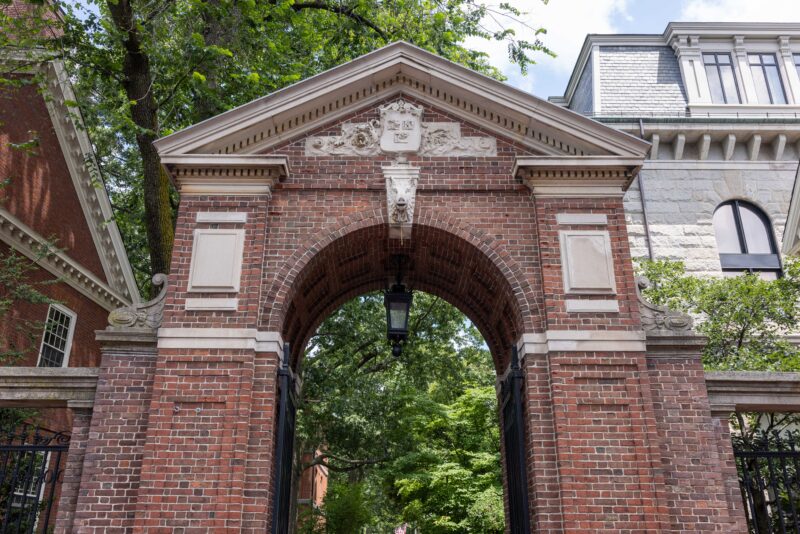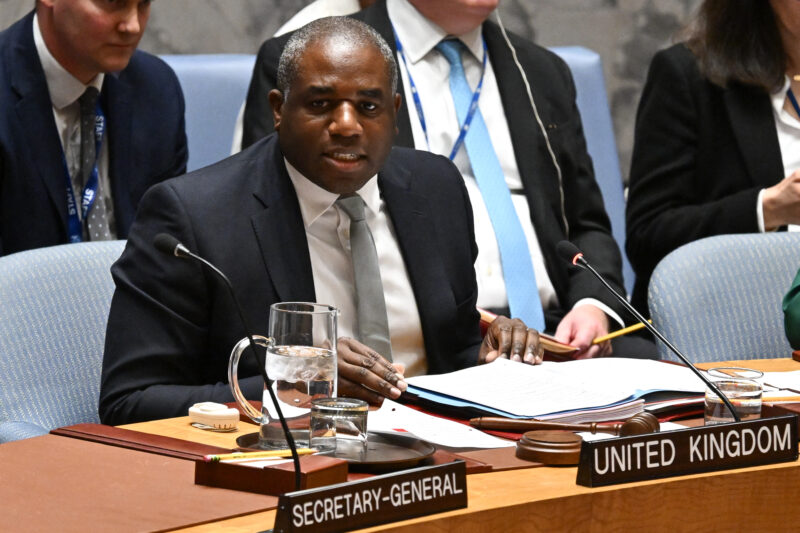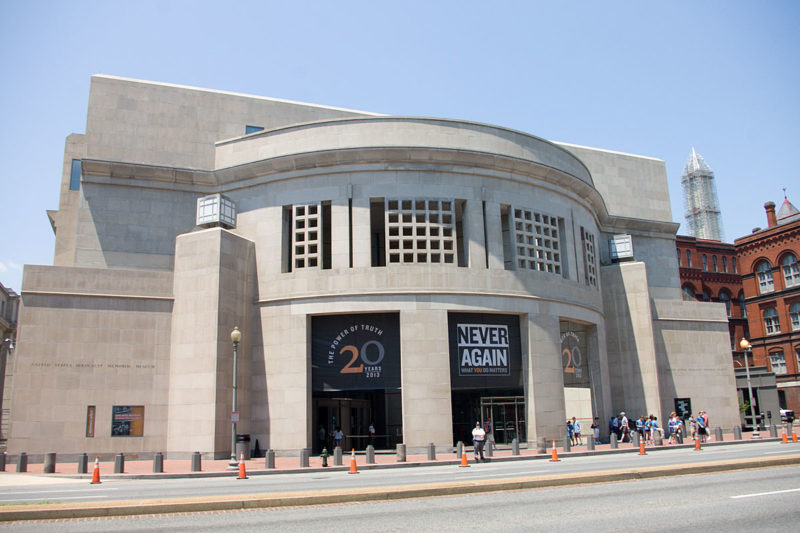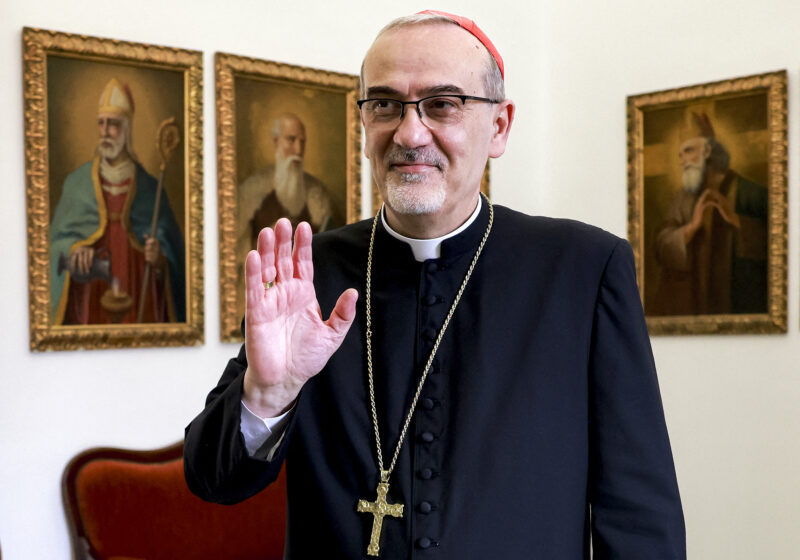Arab civil society leaders promote Holocaust education at memorial event
Speakers at the U.S. Holocaust Memorial Museum-organized event pledged to recommit to teaching the lessons of the Holocaust

Phil Kalina
The United States Holocaust Memorial Museum
Arab civil society leaders who gathered on Thursday for a Holocaust memorial event emphasized the importance of remembering the Holocaust and its lessons at a time of rising global hate.
Thursday’s virtual event, organized by the U.S. Holocaust Memorial Museum in Washington, D.C., ahead of International Holocaust Remembrance Day on Saturday, is the museum’s third consecutive yearly event focused on Holocaust education, following gatherings in Cairo and Abu Dhabi. A similar in-person event could not be organized in the Middle East this year amid the war in Gaza.
“Expressing empathy and respect for the Holocaust victims is not only a tribute to the past, but also a way of diminishing racism, bigotry, prejudice and intolerance in the present and future,” said Mohammed Dajani, a Palestinian professor who gained international attention — and faced strong Palestinian criticism — when he took a group of Palestinian students to visit Auschwitz in 2014 with Jewish Holocaust survivors.
“As such, the Holocaust should not be politicized, linked to or compared with other genocides, nor should its commemoration be avoided due to violent political events or current wars.” Dajani joined the call from Jerusalem.
Dajani was joined at the event by Ali Rashid Al-Nuaimi, an Emirati official and an expert on extremism, and El Mehdi Boudra, founder and president of Association Mimouna, a Moroccan organization dedicated to promoting Jewish culture and history in the country. Each of them stressed the need to commemorate the Holocaust even amid heightened tensions in the region and around the world.
“While the ongoing tragedy in the region is of great concern to all of us, we believe that the lessons of the Holocaust are more relevant than ever. The abuse of Holocaust history to promote hatred and extremism is on the rise, and it’s our duty collectively to confront this wherever we see it,” said Tad Stahnke, the museum’s director of international education outreach.
Al-Nuaimi and Boudra argued for the importance of working to promote coexistence around the world and within their countries.
“All of us shouldn’t accept any such things that will happen to any human being, regardless of their religion, their [ethnicity], their nationality, their color, and this is where we have to engage in promoting coexistence,” Al-Nuaimi said. “This is actually what we are striving to do in the UAE, where we want to show the added value of living with our differences. We want to show the added value of respecting each other.”
Boudra noted that Morocco has worked to implement Holocaust education in its schools since King Mohammed VI recognized the Holocaust for the first time in 2009.
“Today Holocaust education is an important step to combat hate speech and xenophobia,” Boudra said.
The speakers all stressed the importance of ensuring that the memory of the Holocaust not be used to make modern-day political arguments.
“No one does any favors to the important work of Holocaust awareness and Holocaust education, especially in Arab societies, by weaponizing the Holocaust for political benefit, and we reject it,” said Robert Satloff, executive director of the Washington Institute for Near East Policy and the author of a book chronicling the experience of the Holocaust in the Arab world.
“For generations Arab students have been denied this opportunity to learn both about the Holocaust, but also about Jewish literature, art, history, culture and faith more broadly. This is the case even though the Holy Quran considers Judaism one of the three heavenly religions,” said Dajani. “Our commemoration of the Holocaust underscores the notion that peace between our conflicting Abrahamic people is attainable, and it reminds us of the value of truth.”













































































